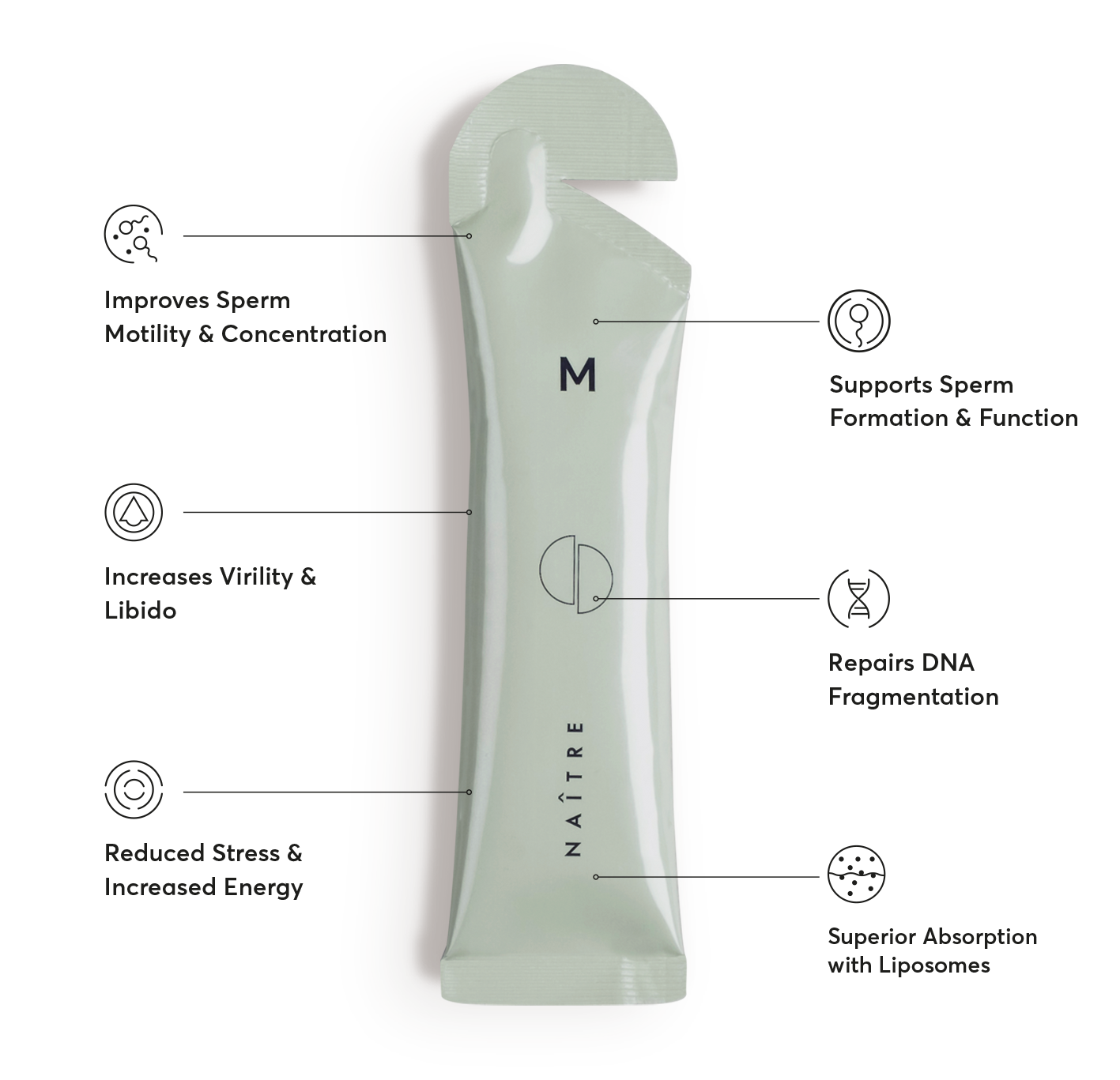
What are fibroids, how do you know if you have them, and how do they affect fertility and pregnancy?
What are Fibroids?
Fibroids are lumpy overgrowths of the smooth muscle and fibrous tissue found in the wall of the womb. As many as 80% of women have fibroids, and in most cases, they don’t cause any problems. Often, they’re diagnosed by chance, when undergoing investigations or imaging for something else. Most people with fibroids don’t need any specific treatment provided they aren’t causing any troublesome symptoms.
Types of Fibroids:
Fibroids can occur anywhere in the womb, and can be any size, from smaller than a pea, to larger than a melon. Fibroids are typically categorised according to which layers of the womb wall they affect. Intramural fibroids reside within the muscular layer of the wall of the womb, and are the most common type of fibroid. Subserosal fibroids extend out with the wall of the womb into the pelvic space or abdominal cavity; this type of fibroid can become very large and can sometimes be felt through the abdomen. Submucosal fibroids develop in the inner layer of the womb wall and can extend into the uterine cavity.

Do I have fibroids?
As most fibroids don’t cause symptoms, you might not know if you have fibroids. The most common symptom of fibroids is heavy menstrual bleeding, affecting 27–54% of women with fibroids. Other symptoms include pelvic pain or painful menstrual periods and feelings of abdominal pressure or bloating. If the fibroids are very large, they may encroach on the bowel or bladder, resulting in constipation or difficulty passing urine. In rare cases, fibroids might result in pain during sex, or may cause problems with fertility or during pregnancy.
Will having fibroids affect my fertility?
Fibroids are found in around 5–10% of patients with infertility, and are the only identifiable cause for infertility in around 1–2.4% of infertile women. There are several mechanisms by which fibroids can affect fertility. Firstly, lumpy fibroids can distort the normal anatomy of the womb, making it more difficult for sperm to navigate, and for a fertilised egg to implant. Secondly, the presence of large fibroids might impair the normal blood supply to the lining of the womb, making it harder for a pregnancy to establish. Thirdly, there’s evidence that the presence of fibroids alters the normal levels of hormones within the uterus, making it less favourable to sustaining a pregnancy. The impact on fertility depends on the size and location of the fibroids. Submucosal fibroids appear to be most associated with fertility problems. Intramural fibroids are also associated with reduced fertility, particularly if they significantly distort the uterus. There’s no convincing evidence that subserosal fibroids significantly affect fertility.
How do fibroids affect pregnancy?
Fibroids are often found incidentally during routine pregnancy scans, and most do not cause any adverse effects during pregnancy. However, some women with fibroids, particularly those with large submucosal growths, are at greater risk of complications during pregnancy such as miscarriage, pain, placental abruption (where the placenta prematurely comes away from the wall of the womb), restriction of the growth of the baby, preterm birth and bleeding after delivery. Women with fibroids are significantly more likely to deliver their baby via caesarean section rather than vaginally. Fibroids can easily be seen on a routine antenatal scan, and your obstetrician will advise if you have any of these increased risks. You may require more frequent scans during your pregnancy, and you might be recommended to have an elective (planned) caesarean section.
Treatment of fibroids
As previously mentioned, most people with fibroids do not require any treatment. However, for those with troublesome symptoms, active management may be advised, however many of the first-line treatments for fibroids are not compatible with pregnancy. To ease symptoms of heavy or painful periods, contraception is often advised, for example a contraceptive pill, or intrauterine device (coil). To promote shrinkage of large fibroids, medication that alters the hormone levels such as a GnRH agonist or an anti-progestogen may be advised. If you have fibroids which are thought to be hindering your fertility, surgical management may be recommended, by way of a myomectomy, where the troublesome fibroids are removed. This operation has some evidence for improving fertility in a selected group of patients. Your gynaecologist will be able to advise if you are someone who may benefit from surgery. For those who have completed their family, removal of the entire womb (hysterectomy) may be the best option.
Summary
In summary, fibroids are very common and, in most cases, don’t cause any trouble. However, for some, fibroids can result in heavy periods, pain and discomfort, and for a small minority, can have an effect on fertility. Asymptomatic fibroids usually don’t require treatment, and there is a range of treatments available for those with symptoms, however not all treatments are suitable for those looking to conceive. If you have any symptoms of fibroids, or if you’re having trouble conceiving, it’s important to voice your concerns to your primary care doctor who can assess you and provide appropriate advice. There are many educational and support groups for women with fibroids.






